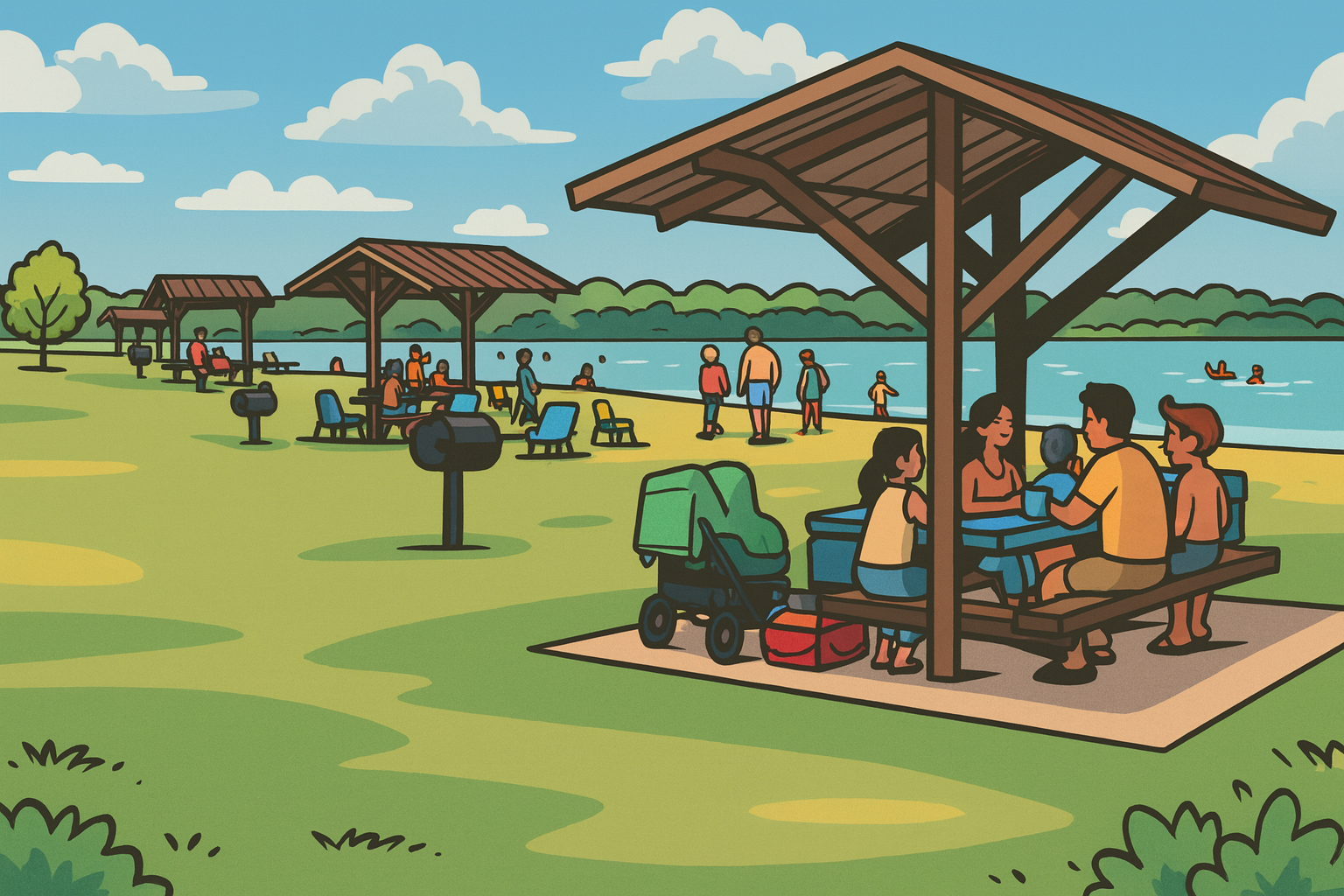AC Unit Pipe Frozen: Essential Solutions For Texas Homeowners In Hot Weather
When your AC unit's pipe freezes, it's more than just an inconvenience—it’s a warning sign that demands immediate attention. A frozen AC pipe typically occurs when your system has restricted airflow, low refrigerant levels, or mechanical failures, and requires professional intervention to prevent permanent damage to your unit.
Living in Temple, TX means your air conditioning system works overtime during our hot summers. Ice formation on AC pipes might seem counterintuitive in this climate, but it’s a common issue that affects many local homeowners. Local HVAC Temple TX specialists can quickly diagnose the root cause and restore efficiency, preventing the problem from escalating from reduced cooling to complete system failure.
The moment you spot ice on your AC pipes, turn off your system immediately. This simple action can prevent costly compressor damage and gives the ice time to thaw naturally. While waiting for professional help, you can switch your fan to 'ON' mode to help speed up the thawing process.
Key Takeaways
- Turn off your AC system immediately when you notice frozen pipes to prevent compressor damage
- Regular maintenance prevents most causes of pipe freezing including airflow restrictions and refrigerant issues
- Professional HVAC inspection is essential to diagnose and fix the root cause of frozen AC pipes
Why AC Unit Pipes Freeze: Main Causes and Warning Signs
Frozen AC pipes indicate serious system problems that require immediate attention. A properly functioning air conditioner should never develop ice on its components.
How Restricted Airflow Leads to Frozen Pipes
A dirty air filter blocks proper airflow through your AC system, forcing the evaporator coil to get too cold. When warm air can't reach the coil, moisture freezes on the surface and pipes.
Regular filter changes every 60-90 days prevent this issue. Check your filter monthly during peak cooling season in Temple's hot climate.
Blocked vents and closed registers also restrict airflow. Keep all vents open and unobstructed by furniture or curtains.
Detecting Low Refrigerant Levels and Leaks
Low refrigerant causes pressure drops in the system, leading to freezing temperatures at the evaporator coil. This often indicates a leak requiring professional repair.
Common signs of refrigerant leaks:
- Hissing sounds near indoor unit
- Higher electric bills
- Longer cooling cycles
- Warm air from vents
Never attempt DIY refrigerant repairs. Licensed technicians must locate and fix leaks using specialized equipment.
Recognizing the Signs of a Frozen AC Pipe
Visible ice on copper lines running to your outdoor unit signals freezing. The suction line, normally insulated, is most prone to ice buildup.
Early warning signs:
- Reduced cooling power
- Water pooling near indoor unit
- Ice visible on copper pipes
- Unusual sounds from the system
Turn off your AC immediately if you spot these signs. Let the unit thaw completely before restarting to prevent compressor damage.
Professional inspection can identify the root cause and prevent recurring freeze-ups that strain your system.

What To Do When Your AC Unit Pipe Freezes
A frozen AC pipe requires quick action to prevent damage to your system and restore cooling to your home. These proven steps will help protect your equipment and get your AC running efficiently again.
Immediate Steps to Take for Safety
Turn off your AC system at the thermostat immediately when you notice ice on the pipes. This prevents potential damage to the compressor.
Allow 3-4 hours for the ice to melt completely. Do not try to chip away at the ice or use hot water, as this can damage the components.
Place towels around the indoor unit to catch water from melting ice. Remove any standing water to prevent potential electrical hazards.
Check your air filter while waiting - a clogged filter is often the culprit behind frozen pipes. Replace it if it appears dirty or hasn't been changed in 2-3 months.
When to Call a Professional for AC Repair
Contact a licensed HVAC technician if you notice:
- Ice reforming after the system thaws
- Unusual noises when the AC runs
- Refrigerant lines that are damaged or cracked
- Water leaking from unusual places
- AC not cooling properly after thawing
Professional diagnosis is essential if the freeze-up happens multiple times, as this often indicates low refrigerant levels or mechanical problems that require expert repair.
Common DIY Actions (and What to Avoid)
Safe DIY Steps:
- Clean or replace air filters monthly
- Keep outdoor unit free of debris
- Ensure all vents are open and unblocked
- Check for blocked return air grilles
Never Attempt:
- Adding refrigerant yourself
- Using sharp tools to remove ice
- Running the AC while frozen
- Modifying ductwork without proper knowledge
Maintain proper airflow by keeping doors open between rooms. Set your fan to "auto" instead of "on" to prevent moisture buildup.
Preventive Measures for Homeowners in Temple, TX
Living in Temple's hot climate requires proactive steps to prevent frozen AC pipes and maintain optimal system performance. Taking specific preventive actions can save thousands in repair costs and extend equipment life.
Regular Filter Replacement and Maintenance Routines
A dirty air filter restricts airflow and forces your AC system to work harder, increasing the risk of frozen components. Replace standard filters every 30-45 days during peak cooling season in Temple.
For homes with pets or high dust levels, monthly filter changes are essential. Mark your calendar or set phone reminders to stay on track.
Check the filter's MERV rating matches your system's specifications. Too high of a MERV rating can restrict airflow just like a dirty filter.
Clean return air vents and registers monthly with a damp cloth. Remove dust buildup that could enter your system.
The Importance of Refrigerant Checks
Low refrigerant levels often lead to frozen pipes and system failure. Schedule professional refrigerant level checks each spring before Temple's intense heat arrives.
Listen for hissing sounds near refrigerant lines - this indicates a potential leak requiring immediate attention.
Watch for ice formation on refrigerant lines or the outdoor unit. This signals low refrigerant levels that need professional evaluation.
Never attempt DIY refrigerant work. EPA regulations require licensed professionals to handle refrigerant.
Seasonal Tips for Consistent Performance
Set your programmable thermostat 5 degrees higher when away to reduce strain on the system during peak summer days.
Clean debris from around your outdoor unit monthly. Trim back vegetation at least 2 feet to ensure proper airflow.
Professional maintenance visits in early spring help catch issues before they cause frozen components. Book these appointments in February or March before Temple's cooling season begins.
Run your AC fan continuously during humid days to maintain consistent temperatures and prevent moisture buildup that leads to freezing.
Long-Term AC Health and Local Insights from Lynx HVAC Repair
At Lynx HVAC Repair in Temple, TX, we've handled countless frozen AC pipes and system issues unique to our region's climate patterns. Our experience shows that proactive maintenance and local expertise make a significant difference in system longevity.
Addressing Recurring AC Freezing Issues
A frozen AC pipe often signals deeper system problems that require professional attention. Common causes include low refrigerant levels from leaks or improper charging during previous services.
Regular inspections can catch refrigerant leaks before they lead to system freezing. We use specialized leak detection equipment to pinpoint exact locations of refrigerant escape.
The repair process involves more than just thawing the frozen components. Our technicians address the root cause by:
- Sealing refrigerant leaks
- Restoring proper refrigerant charge
- Cleaning or replacing dirty air filters
- Checking airflow restrictions
Benefits of Choosing a Local HVAC Expert
Local HVAC companies understand Temple's specific maintenance needs better than national chains. We've built relationships with parts suppliers throughout central Texas, ensuring quick access to components when needed.
Our technicians live and work in the community, providing faster response times during emergencies. This local presence means we can often diagnose issues more accurately based on common problems we see in Temple homes.
We maintain detailed service records for each client's system, tracking patterns and preventing recurring issues.
Unique Challenges in Temple's Climate
Temple's hot summers put extra strain on AC systems, increasing the risk of frozen components when units work overtime. The frequent humidity changes can affect system performance and efficiency.
Our local climate requires specific maintenance timing:
- Spring checkups before peak cooling season
- Mid-summer performance checks
- Fall maintenance for winter preparation
High pollen counts and dust in central Texas mean air filters need more frequent changes than national averages suggest.
You might also like




